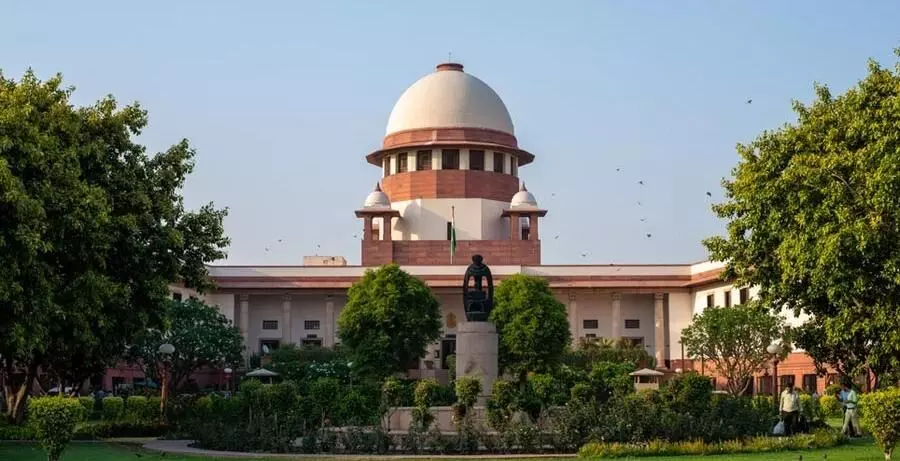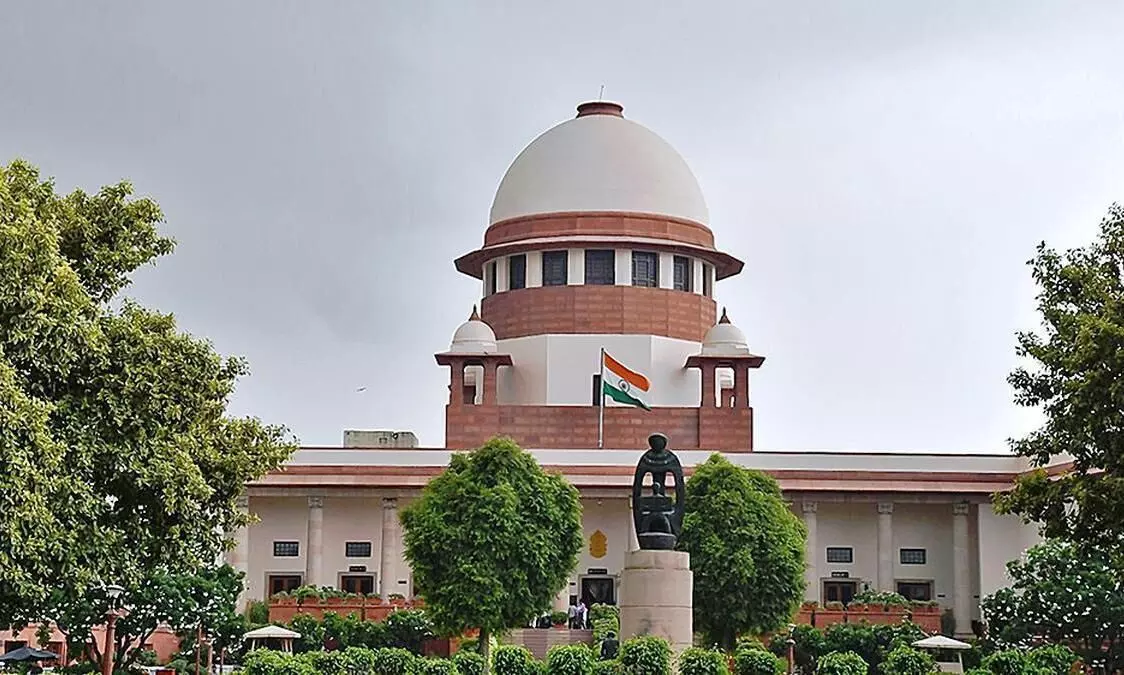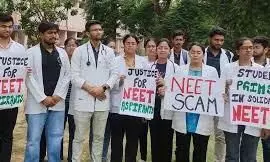
SC maintains 'no breach of sanctity' in NEET UG case
text_fieldsNew Delhi: The Supreme Court ordered a number of actions to be taken to guarantee an impartial, robust, and unbiased system for a foolproof and transparent exam on Friday, even though it maintained that there was no systematic violation that warranted the cancellation of the NEET-UG exam. The ruling was rendered on Friday by a high court bench presided over by Chief Justice D Y Chandrachud.
The Supreme Court issued directives requiring strict supervision from the time question papers are created until they are examined, streamlining a standard operating procedure to verify handling, storage, and other aspects, improving identity checks at different phases, utilising technology advancements to detect impersonation, and taking privacy law into account, the New Indian Express reported.
"The NTA must avoid the flip-flops, it made in relation to the NEET-UG 2024 exam. Such flip-flops in a national exam do not serve the interests of the students," the CJI reading out the verdict said.
The top court stated that the K Radhakrishnan expert committee, which the government formed to investigate the NEET-UG paper leak and other irregularities, should cover seven procedures to ensure a robust examination process.
These are -
1) Evaluation committee
2) Standard Operating Procedure
3) Review the process of allocating exam centres
4) Processes for enhanced identity checks
5) CCTV monitoring of exam centres
6) Secure logistic providers to ensure non-tempering of papers
7) recommend a robust grievance redressal mechanism
"The viability of using closed vehicles with real-time locks rather than open e-rickshaws should be considered," the CJI said.
The whole purpose of carrying out these exercises was to identify and discourage any exam cheating. The top court stated that the expert committee needs to address the deficiencies in the exam system and that students are free to appeal to the appropriate High Courts if they have any personal grievances unrelated to the problems resolved in the ruling.
Additionally, the Supreme Court restated its conclusion that there was no systemic breach of the papers. The leak was restricted to Hazaribagh and Patna alone. As of July 24, the counselling had already begun.
In its ruling on July 23, the Supreme Court noted that despite two isolated instances of question paper leaks, there is no evidence to support a "systemic breach" or that the "sanctity" of the exam has been breached. Nevertheless, the court declined to cancel the NEET-UG exam.
On July 23, the CJI dictated the ruling and stated that there was no disagreement regarding the papers being leaked in Hazaribagh and Patna. Additionally, on July 10, the investigating agency filed its status reports after the CBI took over the inquiry. After reviewing a number of petitions submitted by students who claimed that misconduct and other irregularities were conducted during the exam, the Supreme Court issued its ruling. Four days of hearings from the petitioners, respondents (Centre, NTA), and other parties involved in the case were held.
























